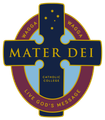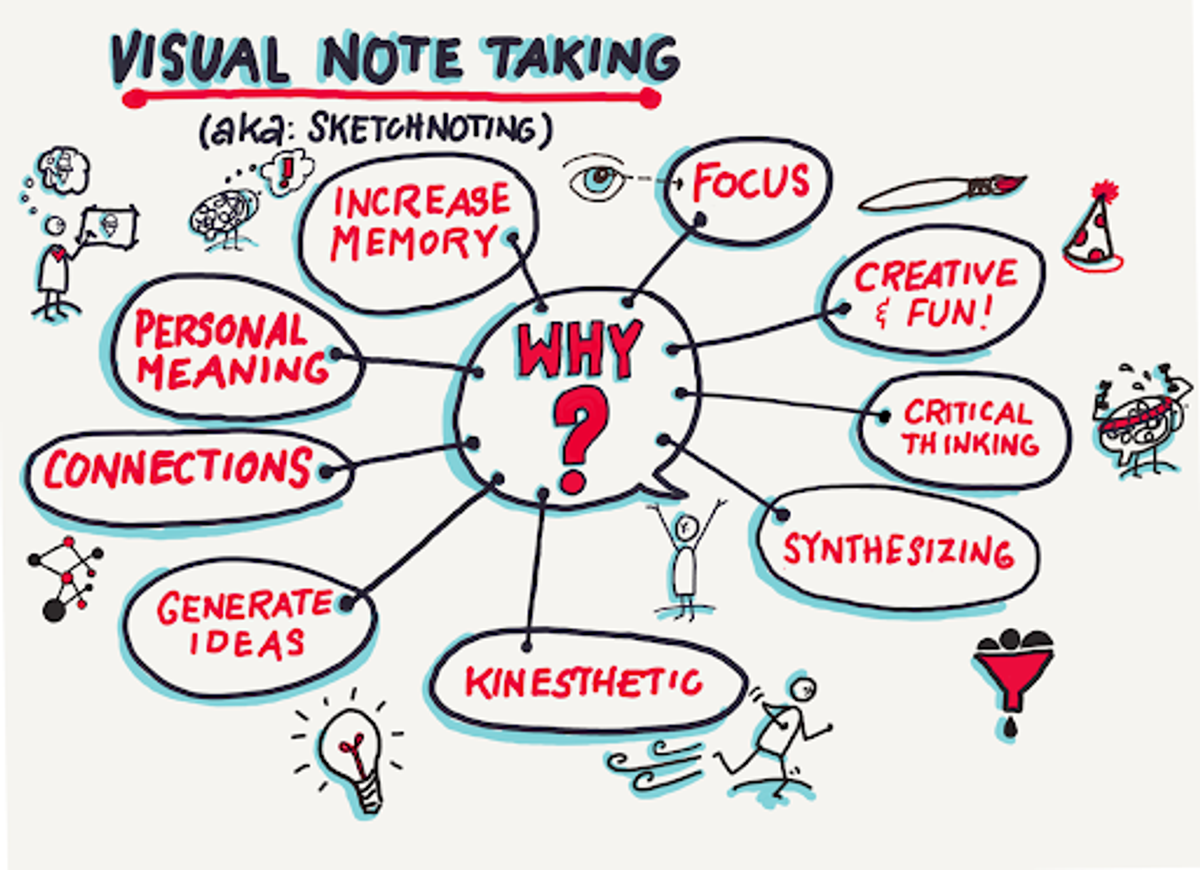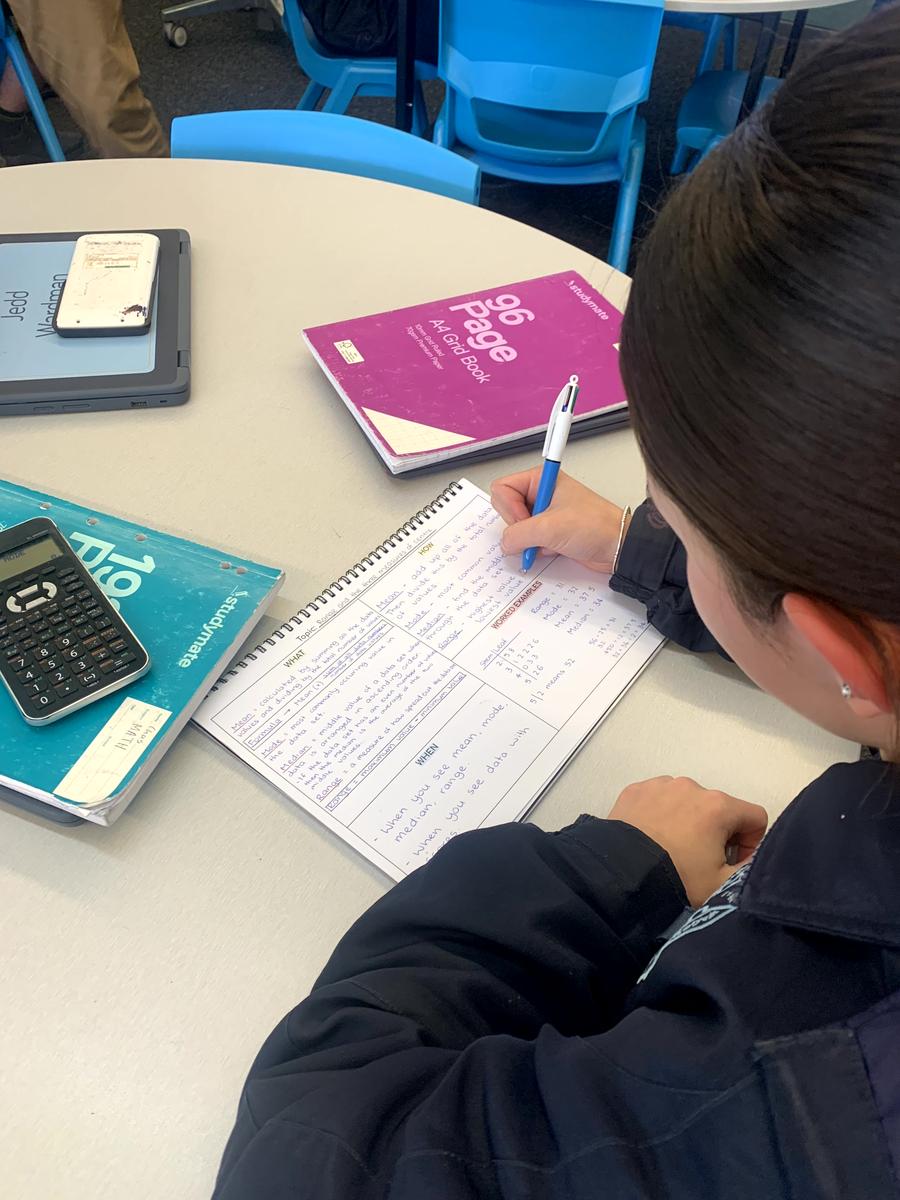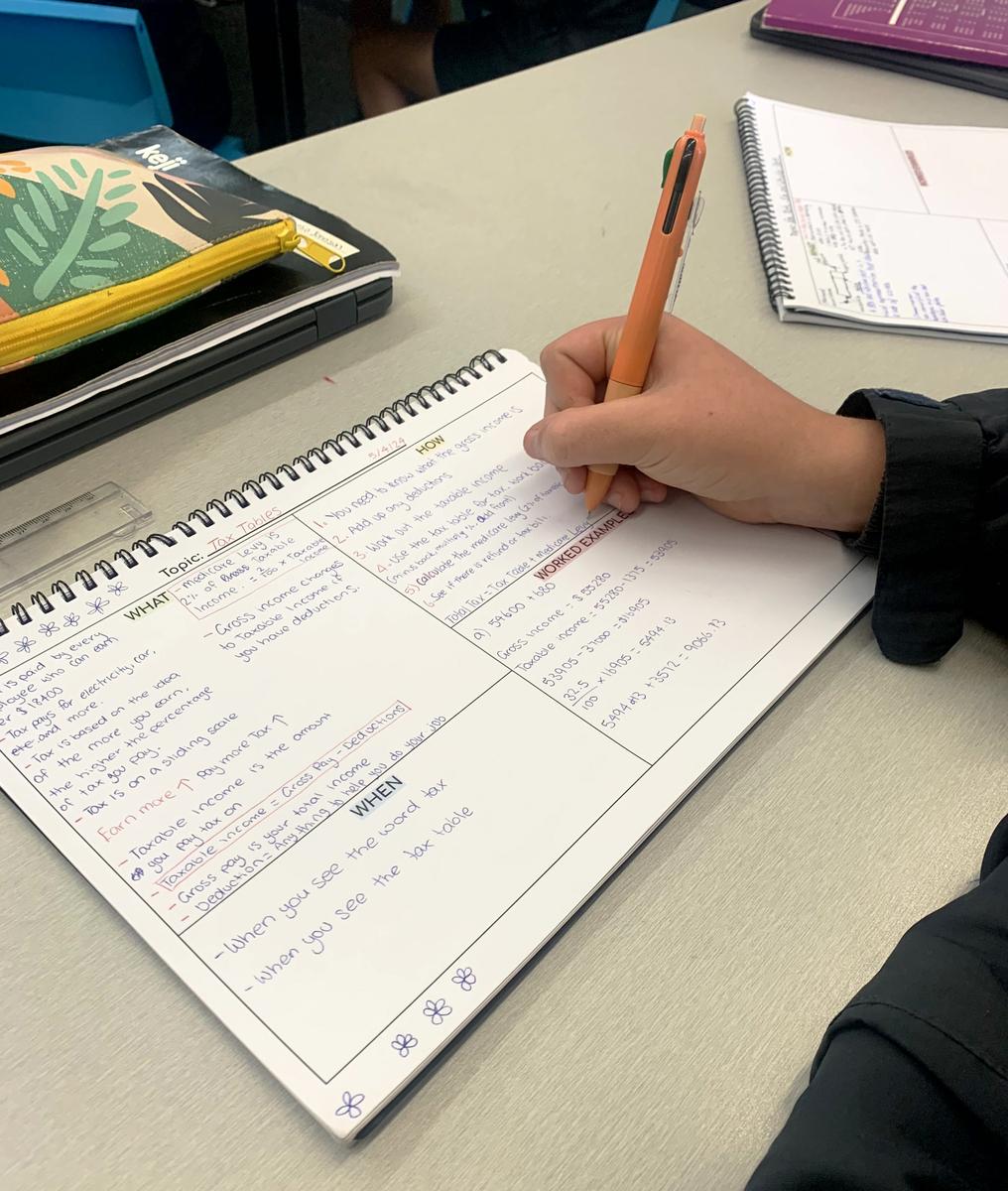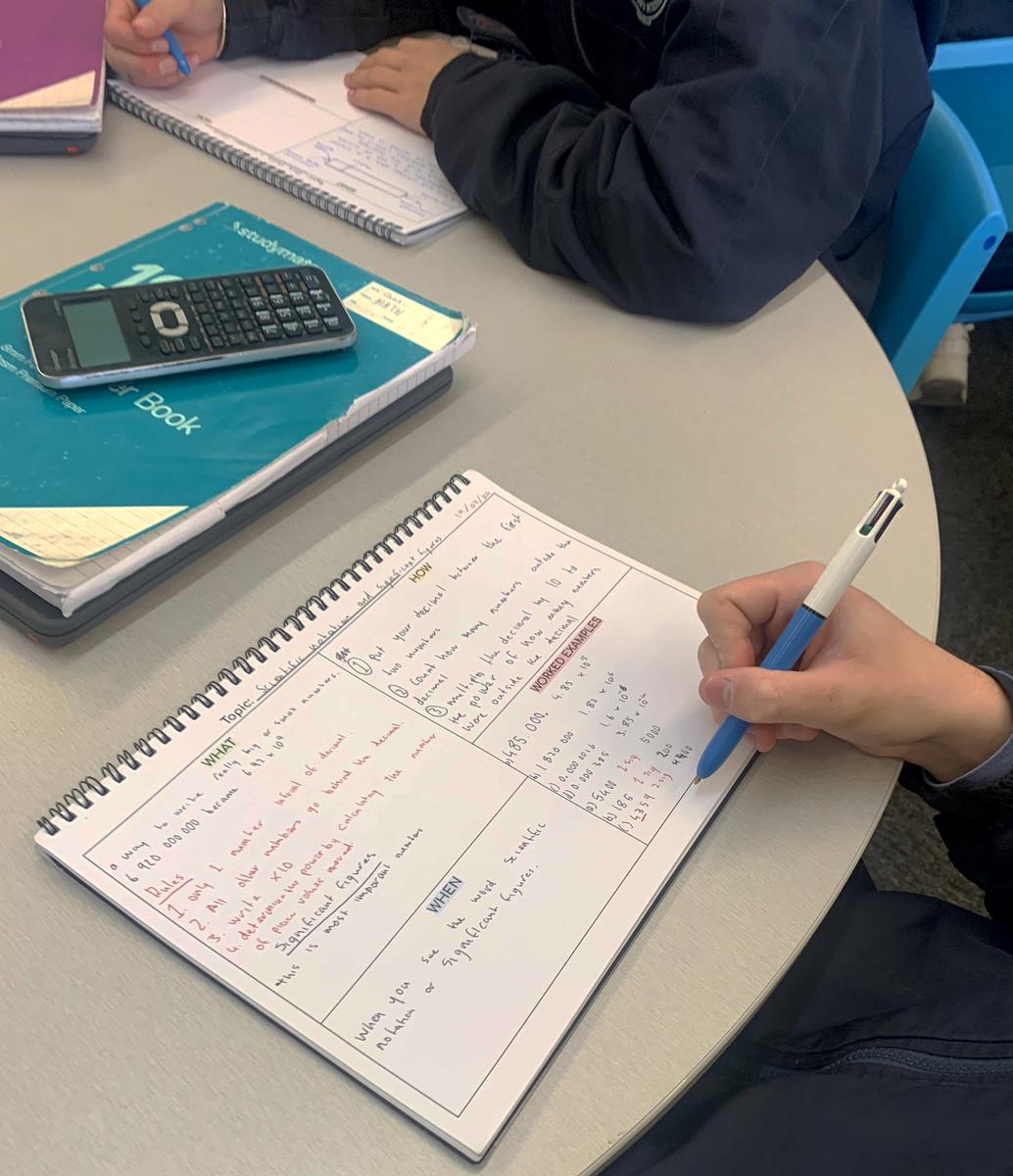Mathematics

At Mater Dei, for a number of years now, we have looked to develop a system of learning/revising that we call Learning Logs. The main purpose of these are twofold:
- To allow students to better identify when they are supposed to apply a particular mathematical idea or concept.
- To use a systematic process to solve any manner of mathematical problems.
The two criteria above, which are present in the Learning Log, have been identified by NSW Education Standards Authority (NESA) as persistent areas of need by students studying Mathematics across the state.
The Learning Log is a working document for students to use, ideally, while taking lesson notes. Students who do the Learning Logs the best do not just see it as an assessment task, but use it as a study tool. It can be best used by:
- Being succinct with the information added.
- Including a detailed process of how to solve particular problems.
- Identification of what you can see or read to inform you of when to apply the mathematical concept.
- Including thorough notes that demonstrate a complete understanding of the idea.
- Regularly looking over the notes using the look, cover, repeat strategy.
- Getting someone to test you as aspects of the Learning Log.
Writing notes is a time-tested strategy for learning and retaining information. Numerous studies have explored the effectiveness of note-taking in enhancing comprehension, retention, and recall. Here are some key findings from research on writing notes for learning:
- Active Engagement: Note-taking requires active engagement with the material, which promotes deeper processing of information.
- Organisation and Structure: Effective note-taking involves organising and structuring information in a way that makes sense to the individual.
- Personalisation:Personalized notes. Some learners benefit from visual aids like diagrams or mind maps, while others may prefer written summaries or annotations.
- Summarisation and Synthesis: Summarising information while taking notes requires learners to process and condense complex ideas into their own words.
- Review and Revision: Reviewing and revising notes at regular intervals reinforces learning and enhances long-term retention. Research suggests that spaced repetition, where notes are revisited and reviewed over time, can significantly improve memory recall.
- Dual Coding Theory: According to dual coding theory, combining verbal and visual information can enhance learning.
Learning Logs are one of the revision processes that are constantly promoted in the Mathematics KLA. If a parent is looking to support their child's learning in Mathematics, it could be something that they encourage their child to work on during study time at home.
Mr Kurt McPherson | Mathematics KLA Leader
